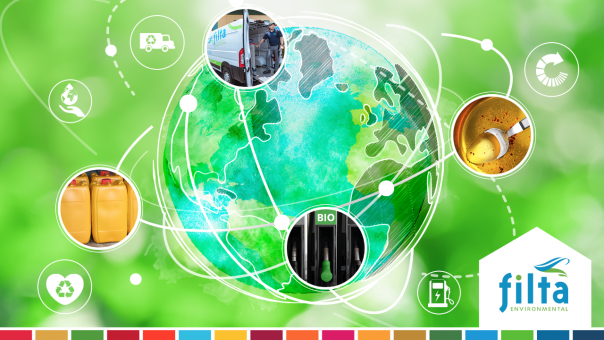
Filta plans to meet this net zero target by reducing operational emissions through direct fuel use by 50% by 2030, using 100% renewable electricity by 2025 and ensuring zero waste by 2030.
US-owned Filta helped customers in the United States save 9.3 million litres of cooking oil during 2020 through its FiltaFry service, which filters frying oil so it can be reused. Producing this amount of cooking oil would normally emit over 5,000 tonnes of CO2 and has a carbon offset equivalent to planting 297,000 trees.
In 2020, Filta prevented 26,500 tonnes of carbon by customers using its fryer management service, converted 7,800 tonnes of waste cooking oil to biodiesel and saved 288 tonnes in plastic packaging by reusing cooking oil.
Jason Sayers, chief executive of Filta, said: “Since starting 25 years ago, the focus of the business has been to help our customers operate more sustainably.
“We have since expanded our environmental services capabilities and these latest statistics have measured in detail the significant reductions in waste and emissions linked to us and our customers.
“Whilst good progress is being made, there is still much to be done to help our customers reduce their impact further and achieve Filta’s goal of being net zero carbon by 2035.”